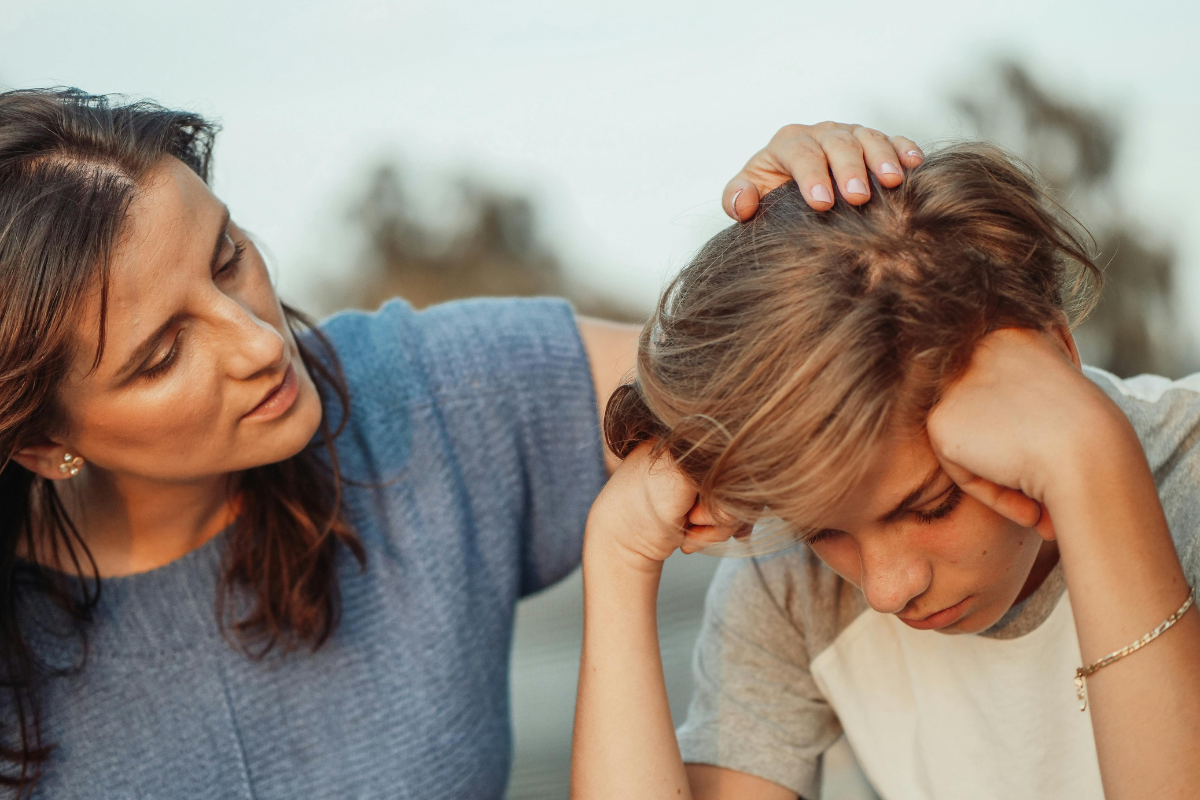Author: Anonymous
Content warning: this article contains references to suicide
My beautiful sister, a loving mum and excellent doctor, died by suicide. I’ve learned a lot about life, people, and the importance of our relationships since then, but what happened to her has, most importantly, shown me how to be a better parent.
You see, my sister had depression. We always knew that. But there’s a huge difference between knowing something and understanding it.
While I deeply wish she was still with us, in some ways, she has taught me a lesson I really, really needed to learn as a mum. I now have a greater understanding of what more I can do for my son – and it has a lot to do with leaning into relationships and breaking the stigma around mental health.
We tip-toed around my sister’s depression because she was so capable and highly functioning. She made it clear that she could look after herself – but actually, she just thought no one would understand.
In some ways, she was right.
A couple of years before my sister’s death, my son was bullied in high school for being queer. It was relentless, cruel, insidious. One day he came home and told me he’d been thinking of jumping off the balcony at school.
How could my extraordinary boy, who has such a loving family and home, think that was an option? He’s such a wise kid; how could he consider taking his life?
Luckily, I knew enough to realise he needed immediate healthcare. Our regular doctor was able to act quickly and my son got mental health support for his suicidal thoughts. And they helped.
By reaching out to professionals and calls to Lifeline, I learned that it was ok to ask if my son was having thoughts of suicide, and to calmly try and discuss how he was feeling. Rather than make him recoil, or feel shame, there’s a very good chance he would feel relief to be understood.
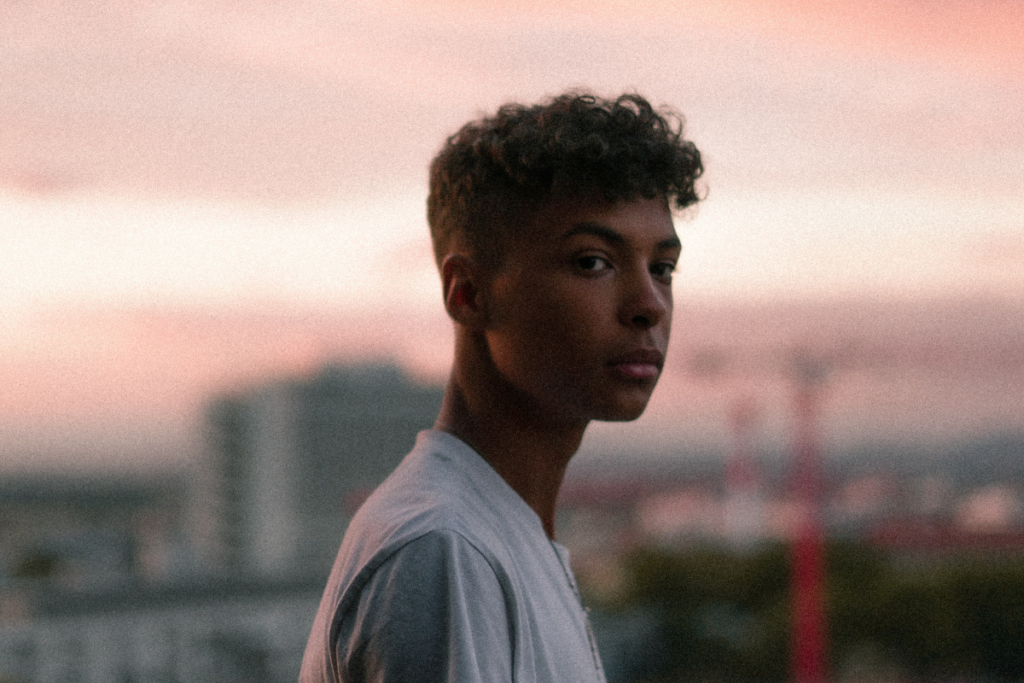
Since my sister’s passing, I’ve deepened my understanding of how I can help my son and knowledge of mental health issues, in ways I didn’t know it needed to. I’ve also witnessed the importance of strong relationships and connections in supporting his mental wellbeing.
First, I need to check in with him more regularly, even when things seem ‘fine’. We have open discussions about crisis plans and who he can reach out to. We talked endlessly about his options in the darkest moments.
One conversation I never imagined I’d have as a parent is a dissection of my sister’s suicide. But we’ve done that, over and over again. We’ve explored all the angles, the factors, both medical and environmental, that contributed to my sister taking her life.
Looking back, I see the signs of her masking, things like avoiding phone calls, withdrawing from her relationships, and sudden, odd behaviour. I’ve learned other signs to be aware of and I will try as much as I can to heed if my son ever does the same thing. I’m more alert to them – I’m hyper-alert.
I’ve reinforced to him that that no matter what, I have his back. I will respond and we will get through anything, together. That’s all children need to know from their parents, and my son always had – but now, we are clear that relates to his mental health, too.
Of course, I’m still no expert. I’m just talking about my experience. But I can say this for sure: the loss of my sister has made me a better parent for my son.
I know this, too – I was so lucky to have her for as long as I did, and I’ll always be grateful for the way she’s “spoken” to me about being a mum, even after her passing.
At Relationships Australia NSW, we believe that strong relationships can be a source of resilience, strength, and healing. While we don’t provide immediate crisis support, our individual and family counselling services work alongside specific mental health services to help people explore their relationships, work through grief and find their way through difficult times with the people who matter most.
If you or someone you know needs immediate crisis support, please get in touch with:
- Triple Zero (000) if someone has attempted or is at immediate risk of attempting to harm themselves or someone else
- Suicide Call Back Service on 1300 659 467
- Lifeline on 13 11 14
- 13YARN on 13 92 76 for Aboriginal and Torres Strait Islander people in crisis
- 1800RESPECT on 1800 737 732
- Kids Helpline on 1800 55 1800
- MensLine Australia on 1300 78 99 78
- Mental Health Line on 1800 011 511
- QLife on 1800 184 527
Related Services & Workshops
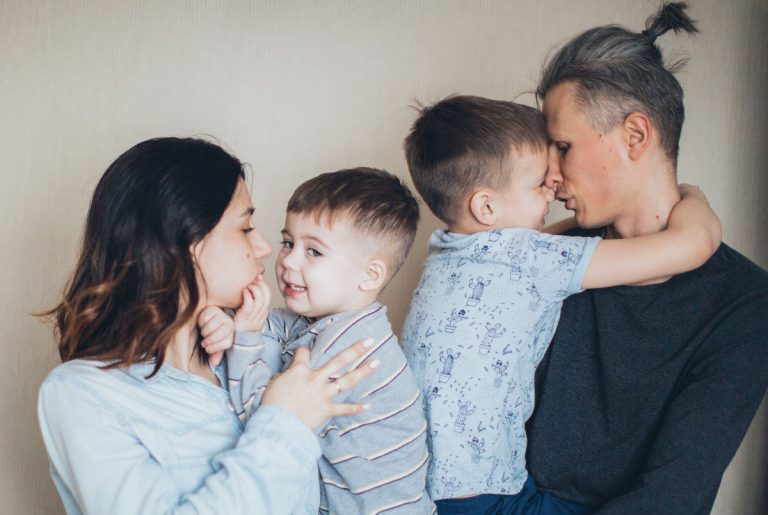
Counselling.Families.Life Transition
Family Counselling
Our trained and compassionate family therapists provide Family Counselling services online and in-person throughout NSW. Family Counselling provides a safe space to address problems, hear each other’s perspectives, overcome difficulties, improve communication, and restore and strengthen relationships.
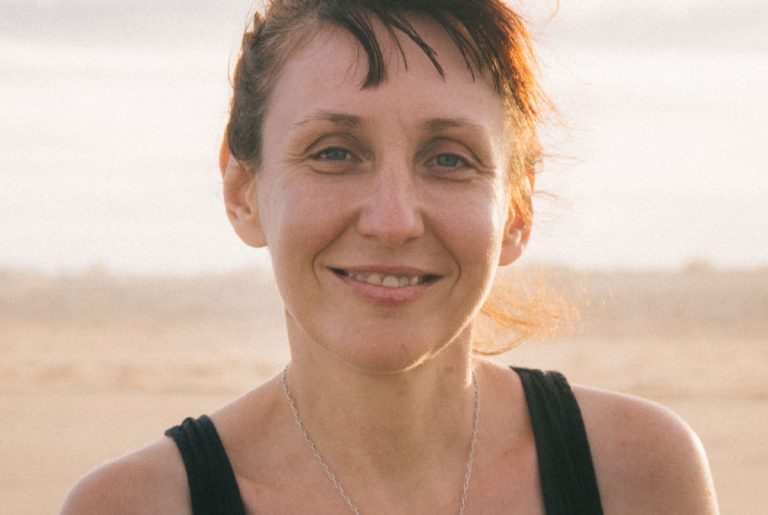
Counselling.Individuals.Older People.LGBTQIA+
Individual Counselling
Life can be full of ups and downs. While we may be able to overcome most challenges by ourselves, sometimes we need some extra support. Individual Counselling offers a supportive environment to identify and manage problems and concerns.
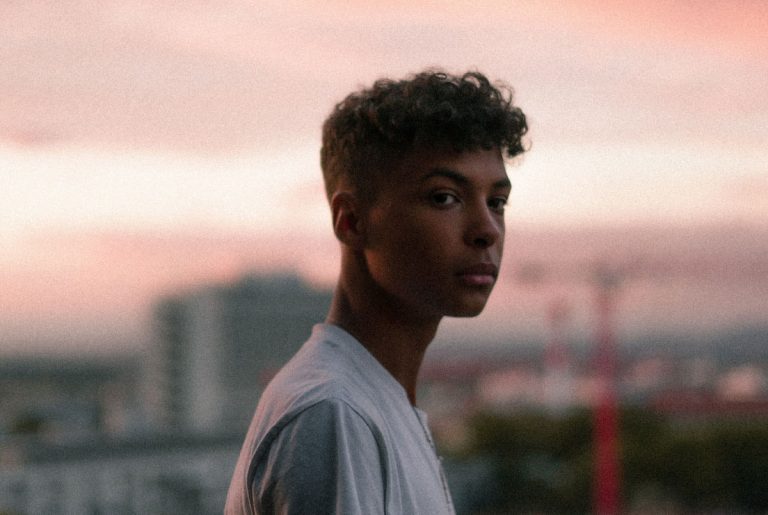
Counselling.Families.Mental Health
Adolescent Family Counselling
The teenage years can feel like an emotional minefield – and knowing how to support an adolescent can seem equally as daunting. Adolescent Family Counselling aims to restore and repair relationships by providing strategies to support teens and their families through significant life changes.


